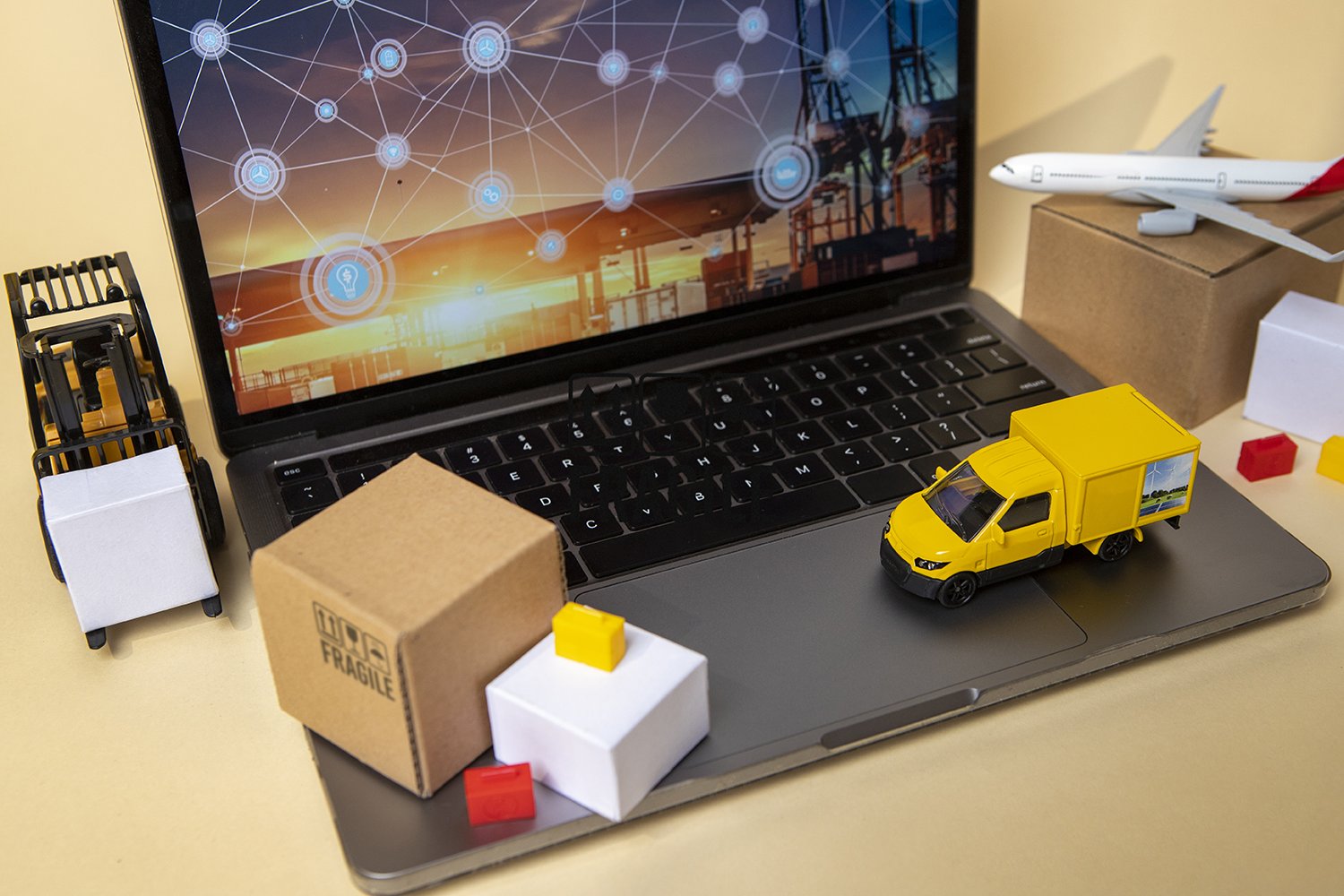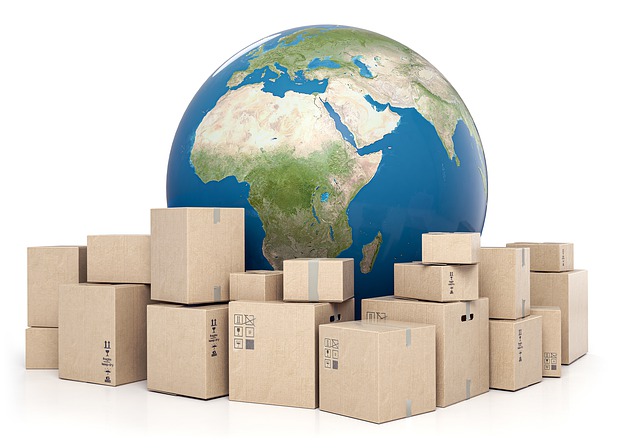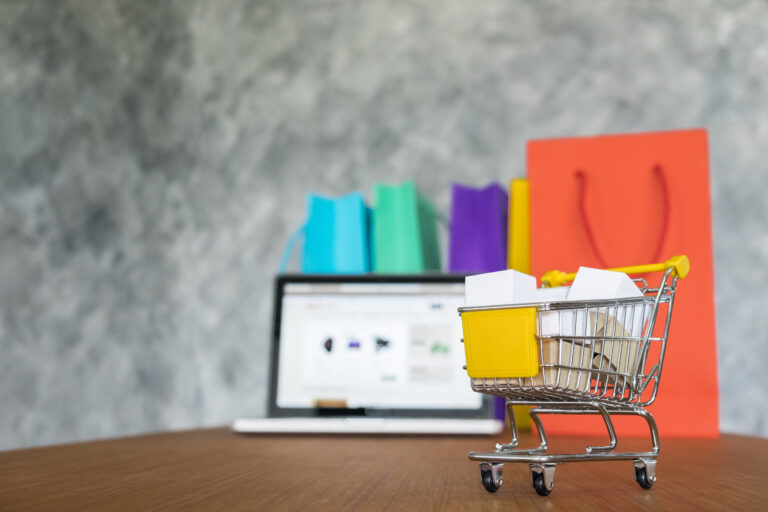Logistics solutions: the key to efficiency and innovation in the supply chain
Today's business world requires companies not only to deliver quality products, but also to provide efficient and innovative logistics solutions. In this article, we will look at how modern logistics solutions can help increase productivity, reduce costs and improve overall customer satisfaction.
The importance of logistics solutions in business
Logistics solutions are fundamental to the functioning of modern companies. In every industry, from industrial manufacturing to retail, effective management of logistics processes contributes to optimizing costs, reducing lead times and minimizing the risk of errors. Thanks to modern technologies and well-thought-out solutions, companies can significantly increase their competitiveness.
Supply chain integration
An efficient supply chain not only involves managing inventory, transportation and warehousing, but also ensures smooth order processing. Today's supply chain management (SCM) systems allow comprehensive monitoring of all processes, making them more efficient.
One element that is increasingly being incorporated into logistics strategies is eco-friendly packaging solutions, such as logo-printed paper security systems. Such products not only support environmental protection, but also enhance the company's professionalism in the eyes of customers, creating a consistent image at every stage of delivery.
Automation and technology
Technologies such as artificial intelligence, machine learning and the Internet of Things are revolutionizing the logistics industry. The automation of repetitive tasks, real-time data analysis and advanced transport route planning algorithms are contributing to significant efficiency gains.
Solutions that support personalization are also important in this context. Automated applications for applying prints to packaging or systems that enable real-time tracking of shipments are just some examples of how technology supports modern logistics.
Sustainability
Logistics must respond to growing consumer awareness of environmental issues and regulatory pressure to reduce environmental impact. This includes:
- Use of biodegradable packaging and reusable materials.
- Optimizing transportation routes to minimize CO2 emissions.
- Investing in alternative energy sources, such as electric vehicles for transportation.
Printed paper sealing systems are an example of solutions that combine functionality with environmental concerns, becoming an increasingly popular choice among sustainable companies.
In this context, an equally important role is played by logotype tapes, which allow companies to combine green practices with marketing efforts. The use of such tapes makes it possible to effectively secure shipments while reinforcing the brand's image as environmentally conscious. Thanks to the use of biodegradable materials, these tapes can be fully compatible with the idea of sustainability, while emphasizing the company's professionalism and visual integrity.
Examples of efficient logistics solutions
WMS and TMS systems
Warehouse management systems (WMS) and transportation management systems (TMS) are key tools in logistics automation. They allow companies to accurately plan inventory, optimize the use of warehouse space and maximize transportation time.
E-commerce and fulfillment
The growth of e-commerce requires fast and reliable logistics processes. Fulfillment, including packaging, storage and shipping of products, is becoming an industry standard. Personalized packaging elements, such as biodegradable security materials with logos, help build brand recognition while emphasizing environmental responsibility.
Smart warehouses
Smart warehouses are modern spaces that make use of advanced technologies such as robots, sensors and RFID systems. They enable more efficient order picking, better inventory management and maximum space utilization.
Challenges and the future of logistics solutions
Adaptation to a changing world
Rapidly changing market requirements and rising customer expectations require companies to be flexible and able to adapt quickly. This includes not only implementing new technologies, but also responding to changes in legislation and consumer preferences.
Investment in innovation
The future of logistics will increasingly rely on advanced technologies and sustainability. Investments in intelligent management systems, low-emission vehicles or green packaging solutions are not only a response to market demands, but also an opportunity to build a sustainable competitive advantage.
One practical example of eco-friendly packaging solutions is printed adhesive tape, which combines functionality with the ability to promote the brand. This type of tape not only helps secure shipments safely, but also allows companies to display their corporate identity consistently. Thanks to the use of eco-friendly production materials, such as paper or biodegradable plastics, these tapes are part of a sustainability strategy, offering both aesthetics and practicality.
Summary
Efficient logistics solutions are the foundation of any company's success. Investment in modern technology, automation and sustainability not only improves operational efficiency, but also contributes to building a positive corporate image. In an era of digitization and globalization, companies that effectively manage their logistics are better equipped to meet market and customer expectations.







